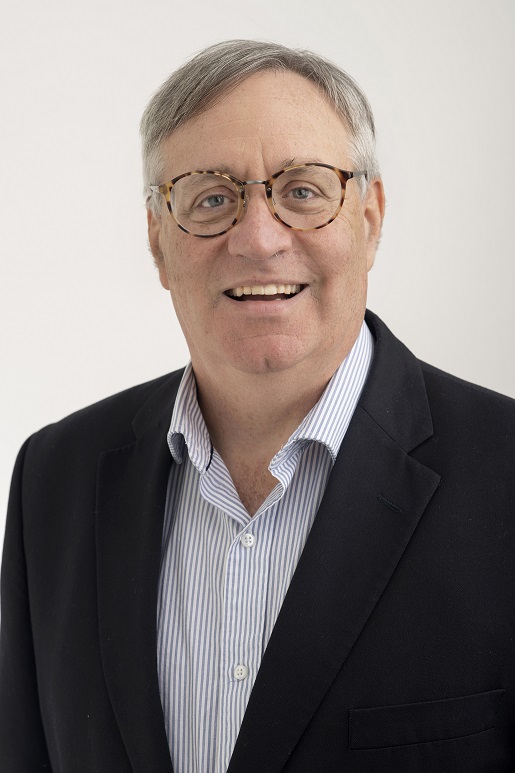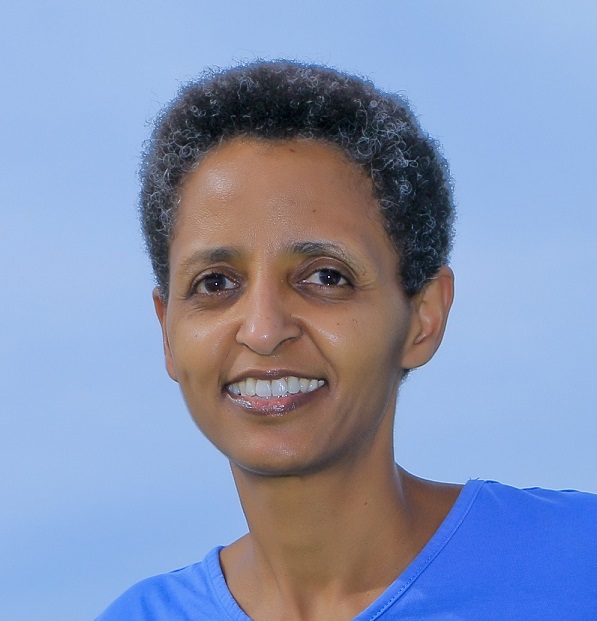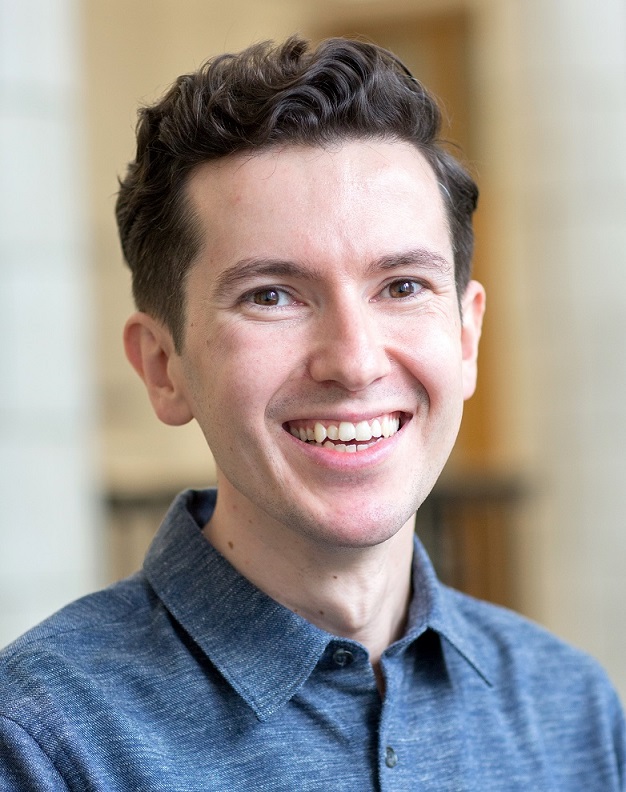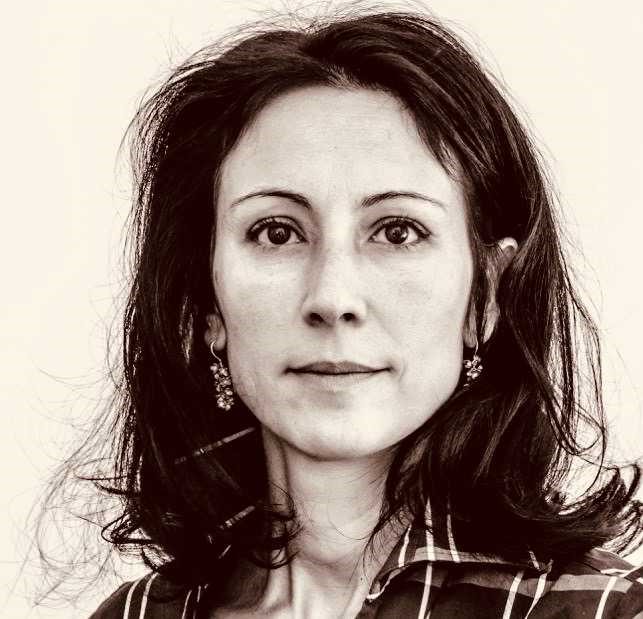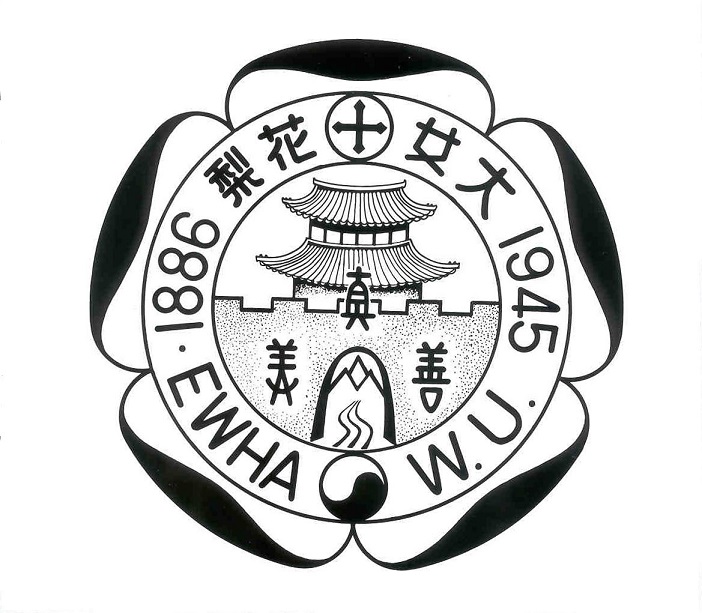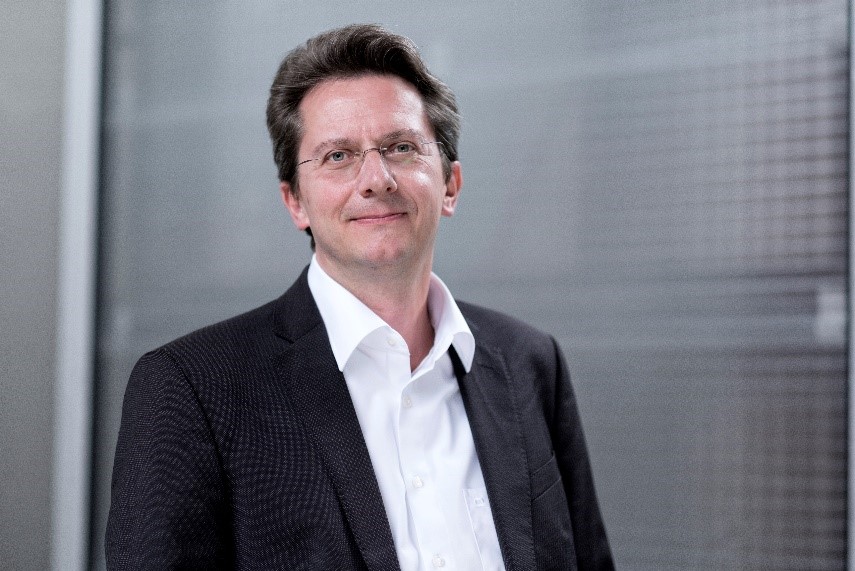 Norbert Koch, HU Berlin, Germany
Norbert Koch, HU Berlin, Germany
Norbert Koch studied technical physics at the Technische Universität Graz, Austria. At the same university he received a doctorate in solid state physics in 2000. He spent the following two years as postdoc at Princeton University and worked on organic/metal interfaces and covalently surface-bound self-assembled monolayers. After moving to Berlin in 2003, he started building his own group, and pushed the fundamental understanding of interfaces of organic semiconductors with inorganic materials and developed methods to optimize interface electronic properties. In 2009 he was appointed as professor in the Department of Physics of Humboldt-Universität zu Berlin, and in 2010 his group at Helmholtz-Zentrum Berlin für Materialien und Energie was established. Presently, doping of organic semiconductors, and interfacial phenomena with perovskites and 2D materials became part of his research agenda. Since 2019 he serves as Scientific Editor for Materials Horizons.
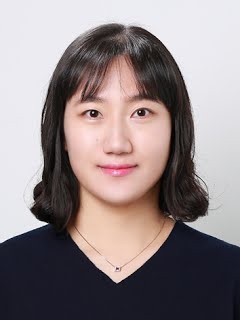 Yun Jeong Hwang, KIST, South Korea
Yun Jeong Hwang, KIST, South Korea
Prof. Yun Jeong Hwang is a principal investigator at clean energy research center in Korea Institute of Science and Technology (KIST) and also currently an adjunct professor at department of chemical and biomolecular engineering in Yosei University. She received her Ph. D. in chemistry department from University of California, Berkeley where she had studied photoelectrochemical water splitting with various semiconductor nanowire structures to understand charge separation and transfer properties. After she jointed KIST in 2012, her research interests have been focused on electrocatalyst material design for electrochemical CO2 reduction, solar fuel production, artificial photosynthesis system, etc. Controlled shape of metallic nanoparticles, and carbon based materials have been developed for selective and durable CO2 reduction catalysts. She received KIST Young Fellow award, and she is currently serving as an Associate Editor of Journal of Materials Chemistry A (Royal Society of Chemistry).
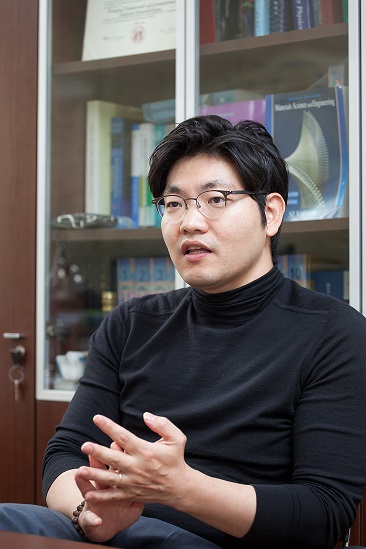 Kisuk Kang, Seoul National University, South Korea
Kisuk Kang, Seoul National University, South Korea
Kisuk Kang is a professor of materials science and engineering at Seoul National University (SNU), where he received his B.Sc. He completed his Ph.D. (2006) and postdoctoral studies at the Massachusetts Institute of Technology. He was a professor at KAIST (Korea Advanced Institute of Science and Technology) until 2011 and moved to SNU. Since 2013, he has been a tenured professor at SNU. His research laboratory focuses on developing new materials for batteries and electrocatalysts using combined experiments and ab initio calculations. His published works in this field have been cited more than 23,000 times, and he was selected as Highly Cited Researchers in 2018 and 2019 from Clarivate Analytics. He was a recipient of several awards such as Energy and Environmental Science Lectureship Award from Royal Society of Chemistry, United Kingdom (2012), Science Patriots Award from Ministry of Science, Korea (2017), Scientist of the Month from Ministry of Science, Korea (2017), and was selected as 100 leaders in Technology by National Academy of Engineering of Korea (2017). He is now a director of Center for carborganic energy materials, and a director of Center of Samsung SDI-SNU rechargeable batteries. He is also serving as a Board of Directors of Materials Research Society and an associate editor of Journal of Materials Chemistry A in Royal Society of Chemistry.
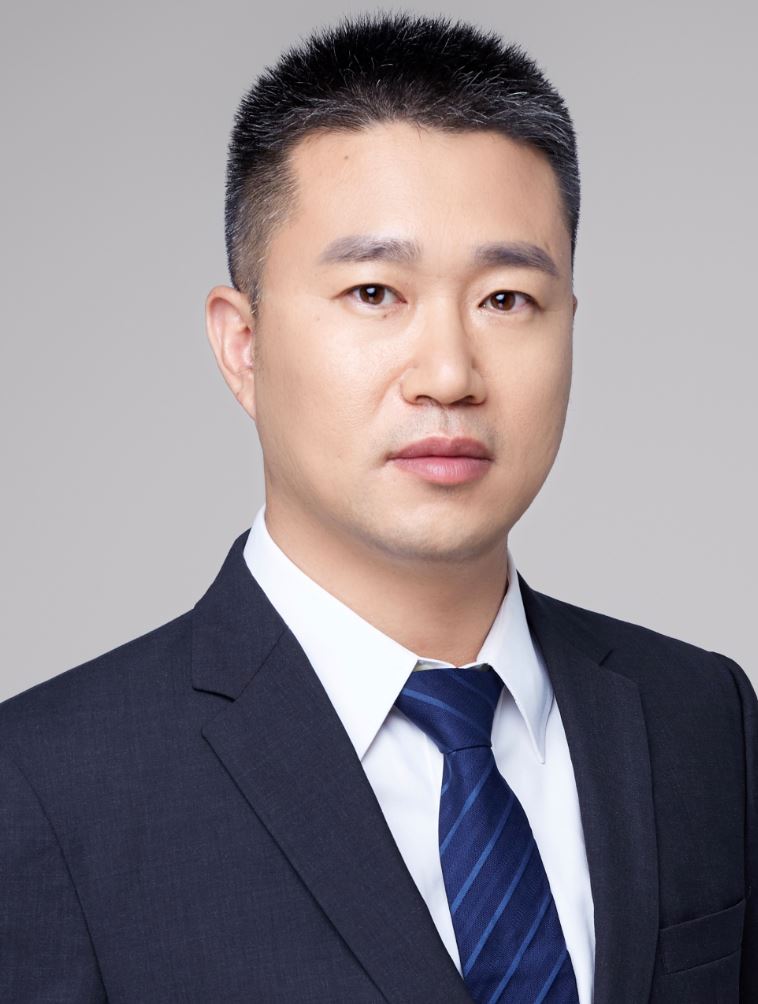 Shaojun Guo, Peking University, China
Shaojun Guo, Peking University, China
Shaojun GUO is a professor in the Department of Materials Science and Engineering, College of Engineering, Peking University and a Fellow of the Royal Society of Chemistry.
Prof. Guo is known particularly for his work on nano/sub-nano/atomic materials for catalysis and energy applications. Since he starts his independent faculty career, he has published more than 100 papers, including 14 in Nature, Science and Nature/Science/Cell sister journals. He was recognized as a highly cited researcher (2014-2019) in Chemistry (2014-2019) and Materials Science (2019) by Thomson Reuters/Clarivate Analytics. He has been honored with numerous awards, including Xplorer Prize, Journal of Materials Chemistry Lectureship Award, Beijing Science Foundation for Distinguished Young Scholar, Elsevier Chinese Most Cited Researcher, Young Analyst Prize of China, Young Scientist Prize for China Electrochemical Society and ISE-Elsevier Prize for Applied Electrochemistry and Oppenheimer Fellowship, etc. He is serving as the associate editor of ACS Omega, and board member of Science Bulletin, Science China Materials, EnergyChem, Journal of Energy Chemistry, etc.
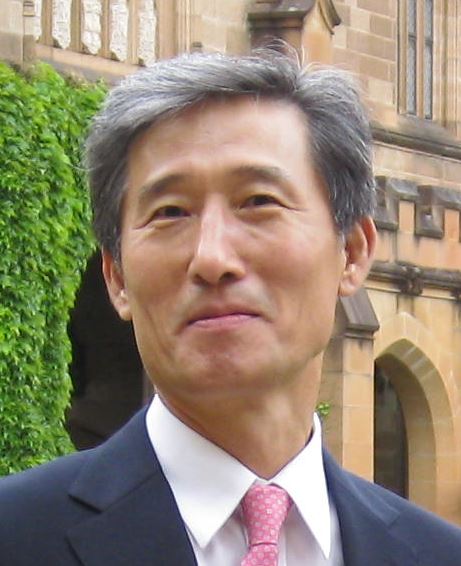 Jang-Kyo Kim, Hong Kong University of Science and Technology, Hong Kong
Jang-Kyo Kim, Hong Kong University of Science and Technology, Hong Kong
Prof. Kim has PhD in Mechanical Engineering from the University of Sydney. He is currently Chair Professor in Department of Mechanical and Aerospace Engineering; directs the Finetex-HKUST R&D Center and Advanced Engineering Materials Facilitiesat the Hong Kong University of Science and Technology. Kim’s research is centeredon advanced materials, ranging from fiber composites to nanocomposites and to nanocarbon materials for energy storage. He was the President of the Asian-Australasian Association of Composites Materials, and was named the Highly Cited Researcher 2018 in Materials Science by Clarivate Analytics.Kim is elected Fellow of theHong Kong Academy of Engineering Science (HKAES), the Hong Kong Institution of Engineers (HKIE), the Royal Society of Chemistry (RSC) and the Royal Aeronautical Society (RAeS).
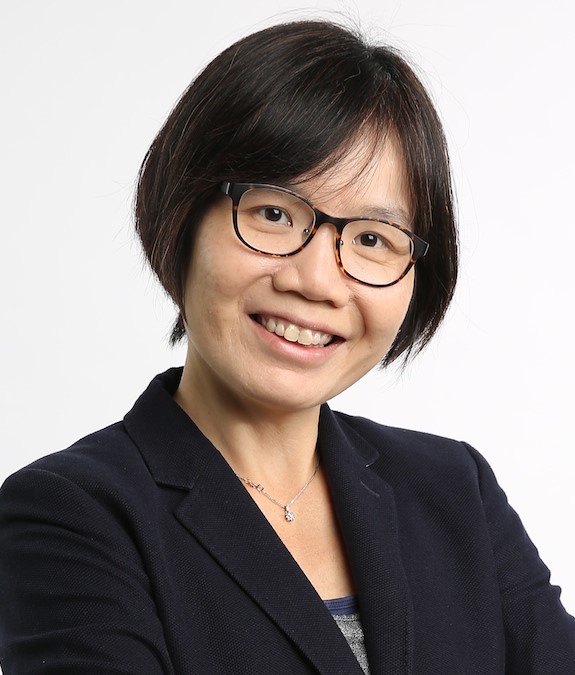 Yeng Ming Lam, NTU, Singapore
Yeng Ming Lam, NTU, Singapore
Prof Yeng Ming LAM received her Ph.D. degree in Materials Science and Metallurgy from the University of Cambridge in 2001. She is currently a Professor and the Chair of the School of Materials Science and Engineering, NTU. She is also the Director of the Facility for Analysis, Characterization, Testing and Simulations (FACTs). She is also the Founder for FytoSol Pte Ltd that is dedicated to deliver sustainable solutions for urban environment. She sits on the governing board for International Symposium for Polymer Analysis and Characterization(ISPAC) and the National committee on Measurement and characterisation. She held a concurrent Senior Scientist position in RWTH University in Aachen, Germany, between 2011 and 2014 and a concurrent Senior Scientist position in IMRE, A*Star, from 2010-2011. She has more than 150 refereed publications. She was awarded the Nanyang Award for Excellence in Teaching in 2006 and the L’Oréal Unesco For Women in Science National Fellowship and the Nanyang Outstanding Young Alumni Award in 2009.
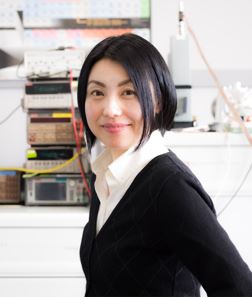 Yuka Kobayashi, NIMS, Japan
Yuka Kobayashi, NIMS, Japan
Yuka Kobayashi is a principal researcher of NIMS. She received her Ph.D. degree of physical chemistry from the University of Tokyo. She worked at an assistant professor in University of Tokyo, an associate professor in Waseda Institute for Advanced Study (WIAS) and joined NIMS in 2010. Her research interest lies in the areas of organic conducting/magnetic molecular solids aiming for organic electronics applications.
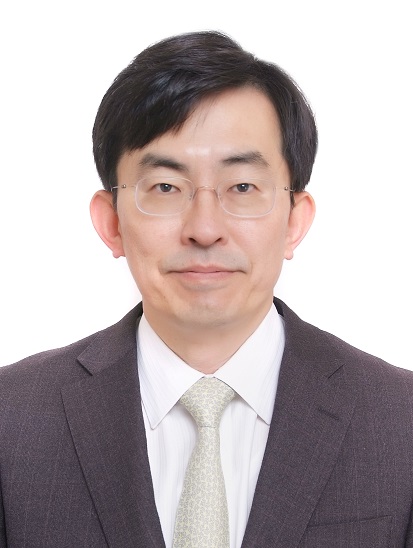 Ju Young Yoon, Ewha Womans University, South Korea
Ju Young Yoon, Ewha Womans University, South Korea
Prof. Juyoung Yoon received his PhD (1994) from The Ohio State University. After completing post-doctoral research at UCLA and at Scripps Research Institute, he joined the faculty at the Silla University in 1998. In 2002, he moved to the Ewha Womans University, where he is currently a Distinguished Professor of Department of Chemistry and Nano Science. He is a member of Korean Academy of Science and Technology, Fellow of Royal Society of Chemistry and currently a Distinguished Professor of Ewha. His research interests include investigations of fluorescent probes, activatable photosensitizers, theranostics and organic functional materials. He is listed as a highly cited researcher in chemistry of 2014-2019 with h-index of 98.
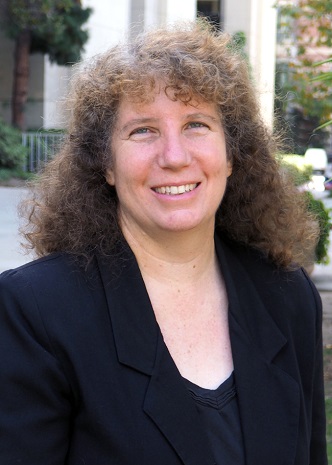 Sarah Tolbert, UCLA, United States
Sarah Tolbert, UCLA, United States
Sarah H. Tolbert is a professor in the Departments of Chemistry and Biochemistry and Materials Science and Engineering at UCLA. Her research focuses on controlling nanometer-scale architecture in solution-processed nanomaterials to generate unique optical, electronic, magnetic, structural, and electrochemical properties. She has published over 180 scholarly research article and has 20 patents focusing on electrochemical energy storage (including both pseudocapacitors and batteries), organic electronics, nanomagnetics, nanoscale control of thermal conductivity, and new ultra-hard materials. She also leads a program aimed at bringing nano-concepts to schools throughout the greater LA area. Professor Tolbert is the recipient of a number of awards; recent awards include Fellow of the Royal Society of Chemistry, the UCLA Diversity, Equity, and Inclusion Award, an NSF Special Creativity Award, and the American Chemical Society R.A. Glen Award. She directs the DOE EFRC on Synthetic Control Across Length-scales for Advancing Rechargeables (SCALAR).
-
Hiroshi Kageyama
Kyoto University, Japan
-
Hye Ryung Byon
KAIST, South Korea
-
Ni Zhao
Chinese University of Hong Kong, Hong Kong
-
Su Yeon Cho
Ewha Womans University, South Korea
-
EunAe Cho
KAIST, South Korea













